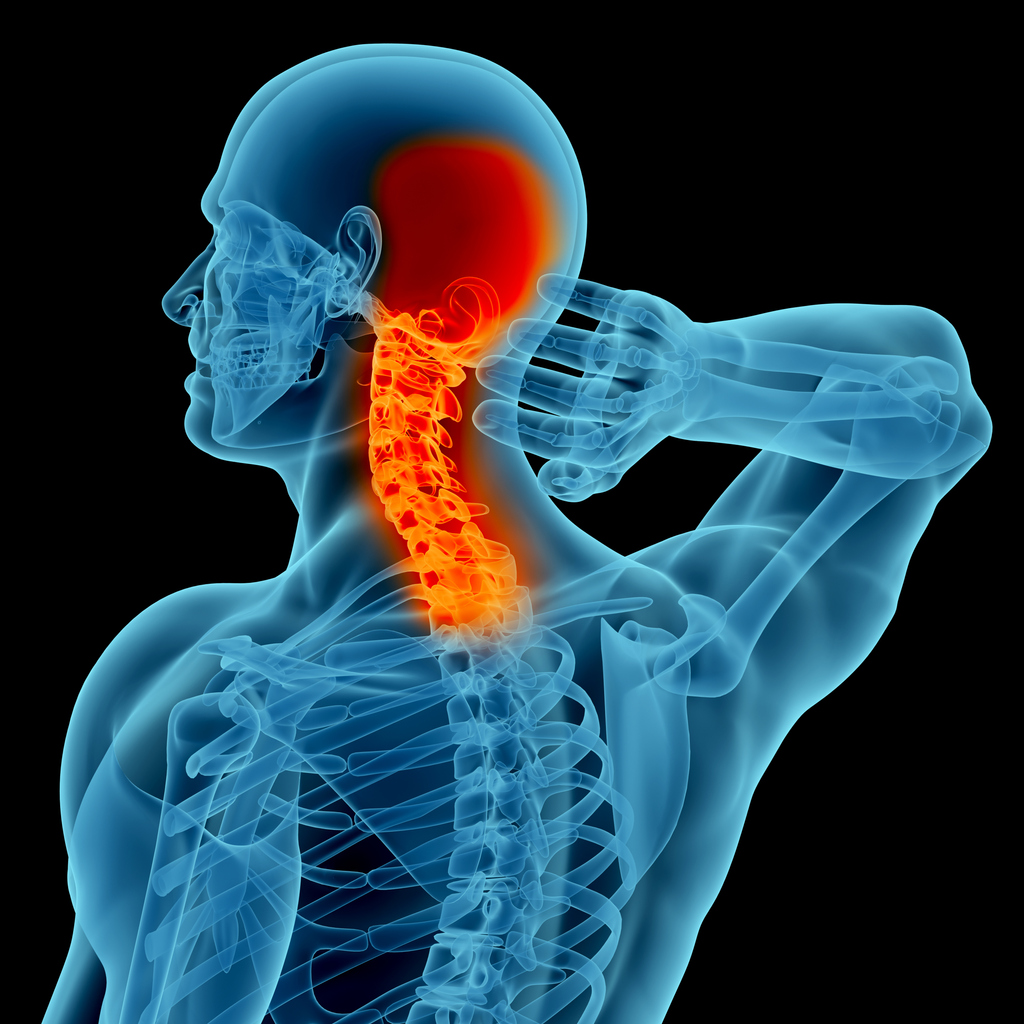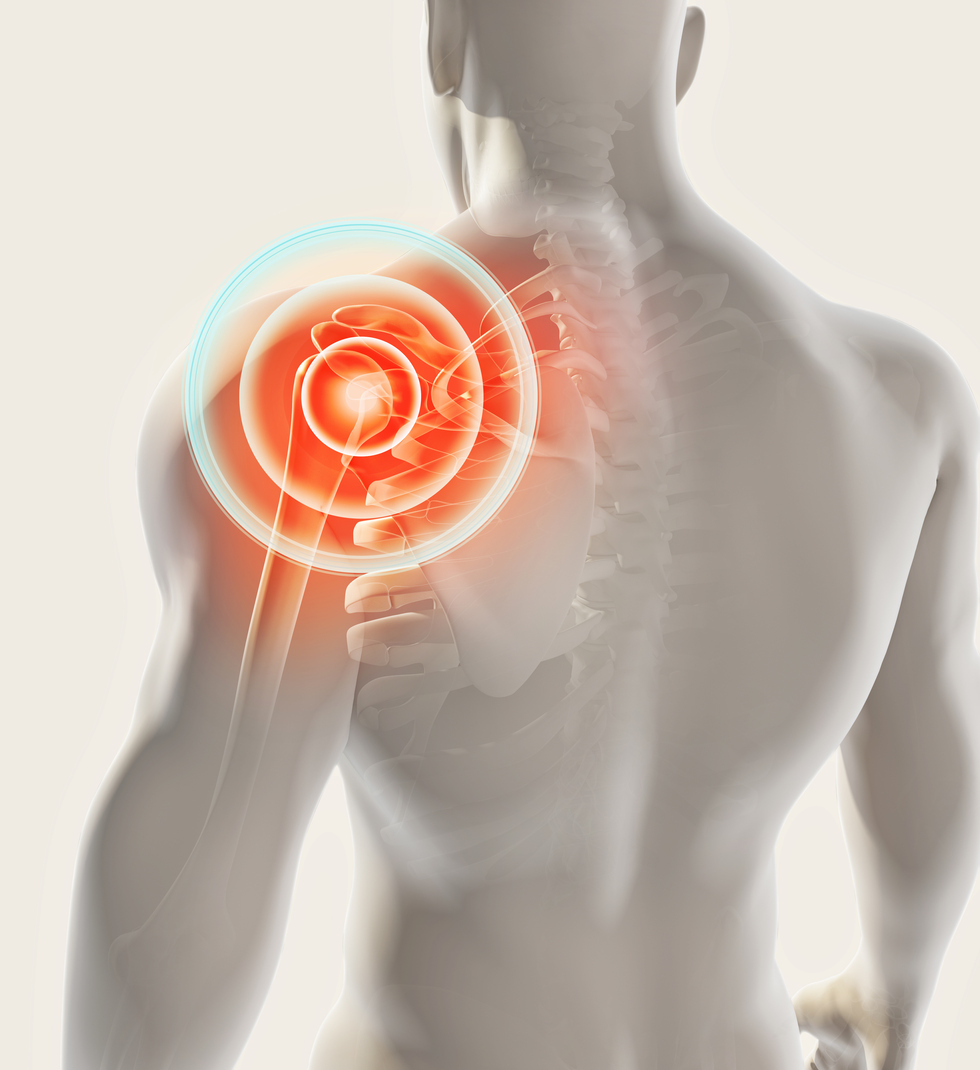Pain
Dementia and Pain Management

What is dementia?
Dementia is a broad term for a range of symptoms that impact cognitive function, including memory, thinking, and social abilities. Alzheimer's disease is the most common cause of dementia in older adults. Symptoms of dementia include cognitive changes, such as memory loss, confusion, and difficulty with problem solving, and psychological changes, such as depression, anxiety, agitation, personality changes, and paranoia.
Dementia and pain management
Approximately 50% to 80% of people with dementia experience pain daily; however, pain is often underrecognized and undertreated in this population. Pain management for individuals with dementia can be challenging. This is partly because as dementia progresses, individuals may lose the ability to effectively communicate that they are experiencing pain. This communication gap can lead to behavioral issues, potentially resulting in inappropriate treatments, such as antipsychotic medications rather than adequate pain management.
Effective pain assessment for someone with dementia is challenging due to the limitations in self-reporting and the limited scope of standard pain assessment tools for the dementia population. Additionally, caregivers and family members may not recognize pain-related behaviors in those with dementia, leading to further challenges in pain management.
Pain management options
Pain management in individuals with dementia should be interdisciplinary and non-pharmacological when possible. This is especially true for older individuals who have a higher risk of adverse reactions to drugs. Examples of non-pharmacological options for pain management include massage, music therapy, aromatherapy, and distraction techniques.
If non-pharmacological methods are insufficient, pharmacological treatment may be necessary. Options for pharmacological pain management in individuals with dementia include the following:
- Acetaminophen
Acetaminophen is an effective treatment for mild to moderate pain. It should be administered carefully, as individuals may not communicate pain accurately. - NSAIDs (nonsteroidal anti-inflammatory drugs)
NSAIDs are effective but must be used with caution due to potential side effects, especially in older adults. Starting with a low dose and limiting use to two weeks is typically advised. - Opioids
Opioids have limited evidence of effectiveness and can cause side effects, such as delirium. They are generally not preferred for long-term use in those with dementia. Strong opioids can be effective for severe pain but should be used cautiously, starting at low doses and increasing slowly if necessary. Regular evaluation is crucial to monitor side effects, including delirium, and the use of opioids should be frequently reassessed.
Long-term use of any analgesic requires careful monitoring. Regular evaluation by a qualified health care professional is recommended to assess analgesic effectiveness and side effects.
Additional source: International Association for the Study of Pain


















